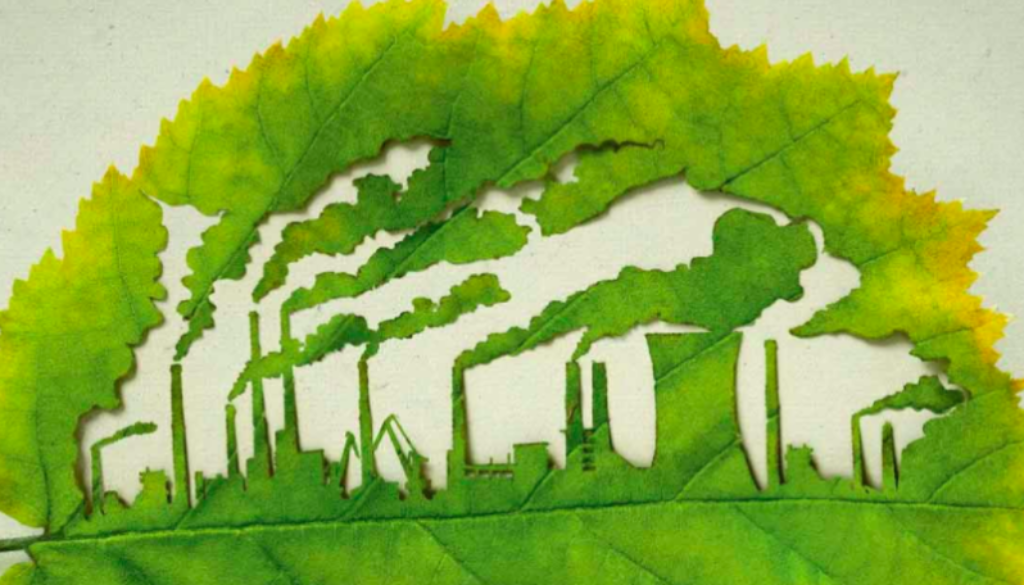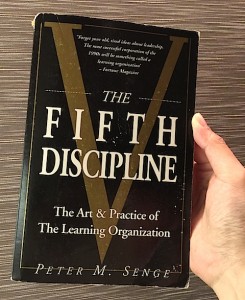
In March, when countries began going into lockdown due to COVID-19, I would catch headlines saying that the global economy would be badly hit. At the same time, I also read positive news about the environment — e.g. how the air pollution over Wuhan was improving.
We are now in May, and we have a few months of emerging data on the impact of the pandemic on society and economy, as well as the environment. On the one hand, we see statistics of rising death toll, unemployment, poverty, domestic violence, suicide, and other ills; on the other hand, we also read of better air quality, lower carbon emissions, and improved waterways and aquatic life.
We are told that humans are uncontrollably crossing over the tipping points of global warming and warnings by environmentalists are not making enough of an impact. So it seems like the only solution to long-term systemic global repair is a pandemic-level slowdown of human activity; and with it, great human suffering in the immediate term. So I am asking myself:
How did we get to this place where we need to suffer so badly in order for us to repair and safeguard our long-term well being?
Continue reading “COVID-19, the Economy, the Environment, and Me”

 The Cambridge University MBA programme, in particular
The Cambridge University MBA programme, in particular